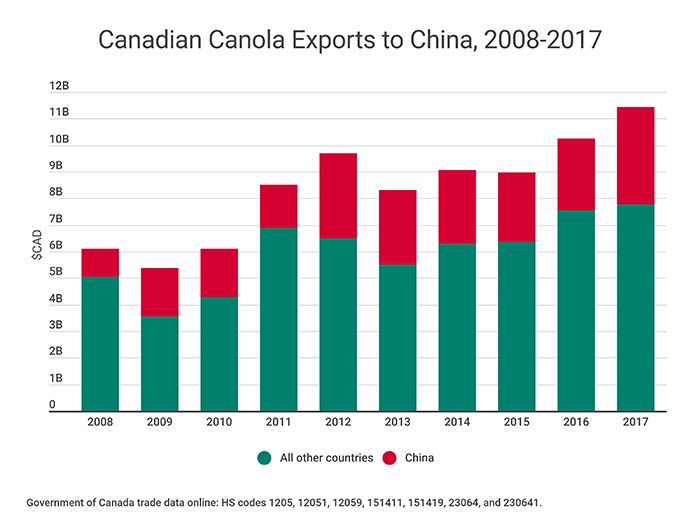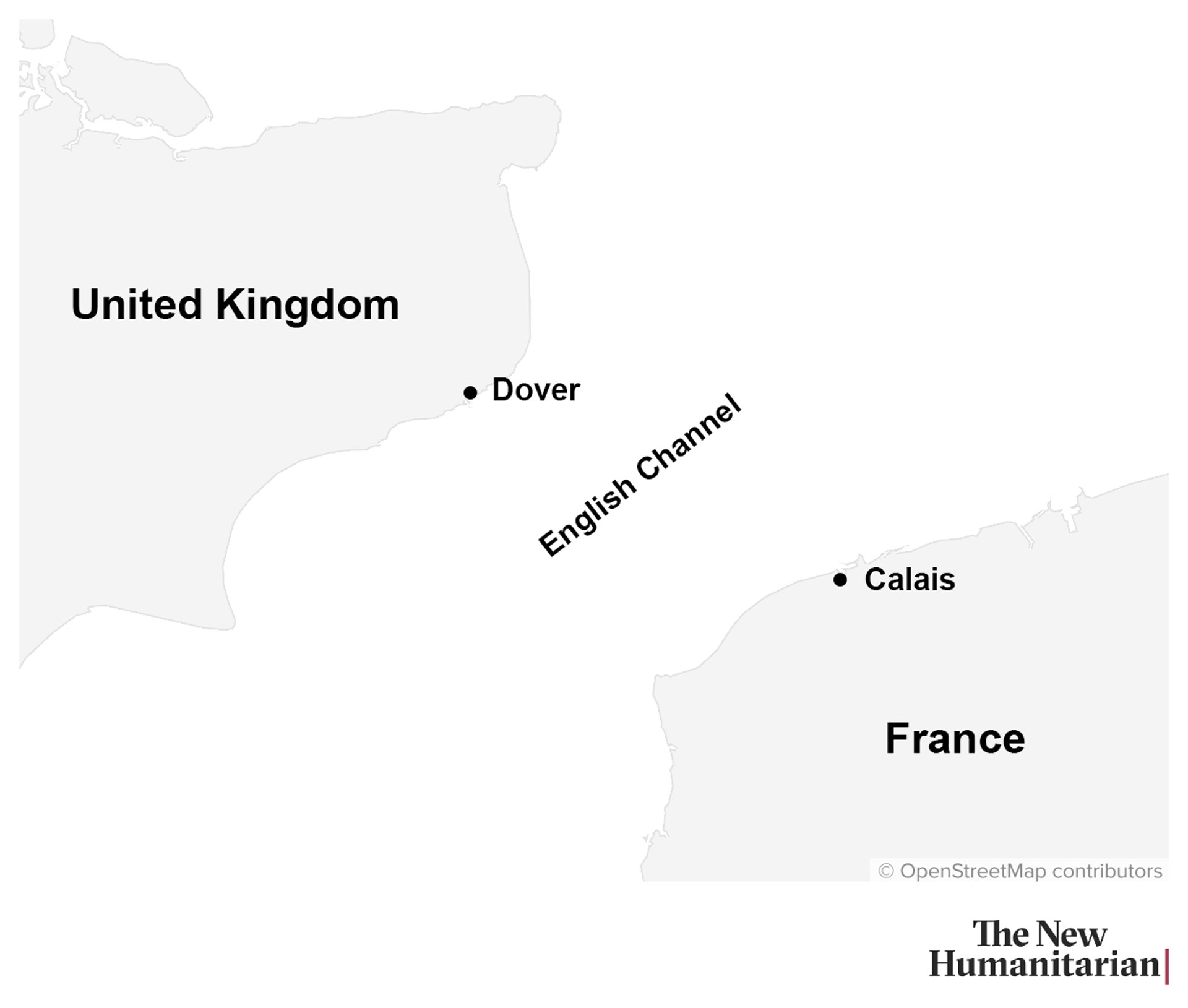China Diversifies Canola Imports Following Canada Dispute

Table of Contents
The Canada-China Canola Dispute: A Detailed Look
The Canada-China canola dispute is a complex saga rooted in accusations of contamination and escalating trade restrictions. This trade war had a devastating impact on Canadian agricultural exports and highlighted the vulnerability of relying on a single major market.
-
Timeline of key events: The dispute began in 2019 with China alleging the presence of harmful pests in Canadian canola shipments. Subsequent investigations failed to confirm these claims, yet China imposed increasingly stringent tariffs and import restrictions. These actions significantly hampered Canadian canola exports to China, a market previously accounting for a substantial portion of Canada's agricultural exports.
-
Specific tariffs and restrictions: China implemented various measures, including increased inspections, lengthy delays, and ultimately, significant tariffs on Canadian canola imports. These restrictions drastically reduced the volume of Canadian canola entering the Chinese market.
-
Economic impact on Canadian canola farmers and exporters: The trade restrictions resulted in substantial losses for Canadian canola farmers and the broader agricultural sector. Prices plummeted, and farmers faced significant financial hardship. The Canadian government was forced to intervene, providing support to affected farmers and exploring alternative export markets.
-
Canadian government responses and attempts at resolution: Canada engaged in diplomatic efforts to resolve the dispute, utilizing various channels of communication and international trade dispute resolution mechanisms. However, these efforts largely proved unsuccessful in the short term, emphasizing the complex political dimensions interwoven with the trade dispute.
China's Diversification Strategy: New Sources of Canola
Faced with restricted access to Canadian canola, China rapidly implemented a diversification strategy, sourcing this vital oilseed from a range of alternative suppliers. This shift has created both opportunities and challenges for these new exporting nations.
-
List of key countries now supplying canola to China: Australia, Russia, Ukraine, and Brazil have significantly increased their canola exports to China, filling the gap left by reduced Canadian shipments. These countries have invested in expanding their canola production and enhancing their export capabilities to meet China's growing demand.
-
Comparison of canola quality and price from different sources: While Canadian canola has a strong reputation for quality, other suppliers have proven capable of meeting China's standards, often at competitive prices. This price competition has impacted global canola pricing dynamics.
-
Analysis of China's import volumes from each new supplier: China's import data reveals a substantial increase in volumes from alternative suppliers, clearly demonstrating the success of its diversification efforts. The relative contribution of each supplier varies, reflecting factors like production capacity, logistical capabilities, and geopolitical considerations.
-
Potential challenges and opportunities for new suppliers: While benefiting from increased export opportunities, these new suppliers face potential challenges related to maintaining consistent supply, meeting quality standards, and navigating the complexities of the Chinese market. However, the long-term potential for growth is significant.
Geopolitical Implications and the Future of Global Canola Trade
China's decision to diversify its canola imports has far-reaching geopolitical implications, impacting global food security and agricultural trade patterns. The shift underscores the fragility of relying on single-source supply chains and the growing importance of agricultural trade in international relations.
-
Impact on global canola prices: The increased competition and shifting supply chains have created fluctuations in global canola prices, affecting both producers and consumers worldwide.
-
Changes in market share for different producing countries: The dispute has led to a redistribution of market share in the global canola market, with several countries gaining prominence as major exporters to China.
-
Potential for future trade agreements and negotiations: The experience highlights the need for robust trade agreements and mechanisms to resolve agricultural trade disputes, ensuring stability and predictability in the global food system.
-
The long-term effects on the global food supply chain: The incident serves as a cautionary tale, emphasizing the need for greater diversification and resilience in global food supply chains to mitigate risks associated with geopolitical instability and trade disputes.
Conclusion:
China's diversification of canola imports represents a significant shift in global agricultural trade, driven by the Canada-China trade dispute. This diversification has created new opportunities for several countries while significantly impacting Canadian agriculture. The implications extend beyond the immediate economic consequences, influencing geopolitical relations and highlighting the vulnerabilities of overly reliant, concentrated supply chains. The future of global canola trade remains dynamic, emphasizing the need for careful monitoring and strategic planning by all stakeholders. Stay updated on China's canola import strategies, follow the evolution of the global canola trade, and learn more about the implications of the China canola import diversification to understand this evolving landscape.

Featured Posts
-
 Jeanine Pirro And The Erosion Of Due Process El Salvador Deportations
May 09, 2025
Jeanine Pirro And The Erosion Of Due Process El Salvador Deportations
May 09, 2025 -
 Three Countries Targeted In Uks New Asylum Policy
May 09, 2025
Three Countries Targeted In Uks New Asylum Policy
May 09, 2025 -
 The Aftermath Of A Racist Killing A Familys Struggle For Justice
May 09, 2025
The Aftermath Of A Racist Killing A Familys Struggle For Justice
May 09, 2025 -
 Wolves Loss Europes Gain The Story Of A Football Phenom
May 09, 2025
Wolves Loss Europes Gain The Story Of A Football Phenom
May 09, 2025 -
 National 2 Dijon S Incline Face A Concarneau 0 1 28e Journee
May 09, 2025
National 2 Dijon S Incline Face A Concarneau 0 1 28e Journee
May 09, 2025
